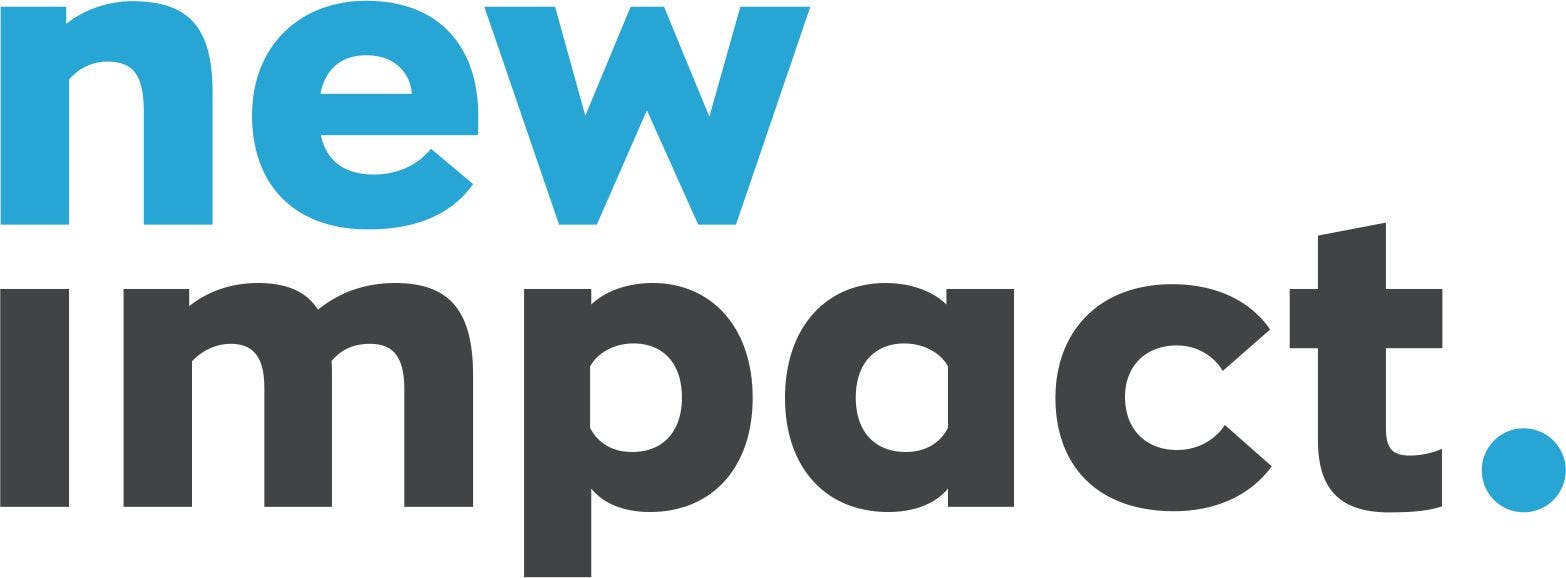Skip to content
Apprenticeships growing in fields outside the building trades, e.g., healthcare, technology, advanced manufacturing, and marketing. Success factors for employers to adopt and offer equitable apprenticeships.Drivers of employer adoption of apprenticeships, including diversity, equity, inclusion, and accessibility initiatives, and the need to build new talent pipelines. Barriers to employer adoption of apprenticeship, including widespread bias for college degrees and preference to consume rather than develop talent.Barriers for young adults, including a lack of awareness and promotion of apprenticeship (especially in schools), logistical needs for transportation and digital access, and inequitable evaluation criteria that can screen out many who would benefit from apprenticeship the most.
Employer Lack of Awareness and Misconceptions outside the Building TradesAdoption of Apprenticeship Credentials in Newer IndustriesJobseeker Awareness and MisconceptionsAccess Gaps Limiting Participation in Apprenticeship
Many young adults never learn that apprenticeship is an option, nor that they can pursue it in fields like healthcare and technology. School counselors, intermediaries, and other advisors play a critical role in helping young adults navigate options. The limited availability of apprenticeships can encourage some programs to make selection criteria more competitive, which disadvantages young adults who may benefit from them the most.
Misconceptions about apprenticeship — especially outside the building trades — stop many employers from considering them as a talent pipeline option.Concern around working with young adults and/or high school graduates, as well as perceptions of legals risks in working with people under 18, can discourage some employers from offering apprenticeships. Intermediaries play a critical role in recruiting apprentices, managing their learning and development, and navigating standards and reporting (in the case of Registered Apprenticeships).

Heard & Learned
Below, we share key insights and research findings from our Equitable Apprenticeships for Young Adults project. This page includes descriptions of the tools and artifacts we used to gain insights and create a tri-sector solution concept.
Explore the Spotlight Map
The Spotlight Map below reflects what we learned from 27 Spotlight Interviews conducted with people with experience and knowledge within a wide variety of sectors and facets in the apprenticeship space. The information is organized around themes that emerged in the interviews.
Several themes stood out from the interviews:
Fig 1. Spotlight Map
Explore the Systems Map
The system map below illustrates high-level drivers and dynamics that influence the availability of apprenticeships and a young adult’s access to them.
We used these to identify opportunity areas and possible points of intervention, which included the following:
Fig 2. Systems Map
Explore the Impact Journeys
Two impact journeys below illustrate the sequential points in the experience of 1) a young adult exploring and entering into apprenticeship, and 2) an employer considering and adopting apprenticeship. These impact journeys help surface obstacles, pain points, successes, gaps, and opportunities.
Fig 3. Impact Journey for the Learner (potential apprentice)
This impact journey, following the Learner, revealed that:
Fig 4. Impact Journey for the Employer
This impact journey, following the Employer, revealed that:
If you or your organization is interested in helping pilot one of our programs in your community, please .
Want to print your doc?
This is not the way.
This is not the way.

Try clicking the ··· in the right corner or using a keyboard shortcut (
CtrlP
) instead.